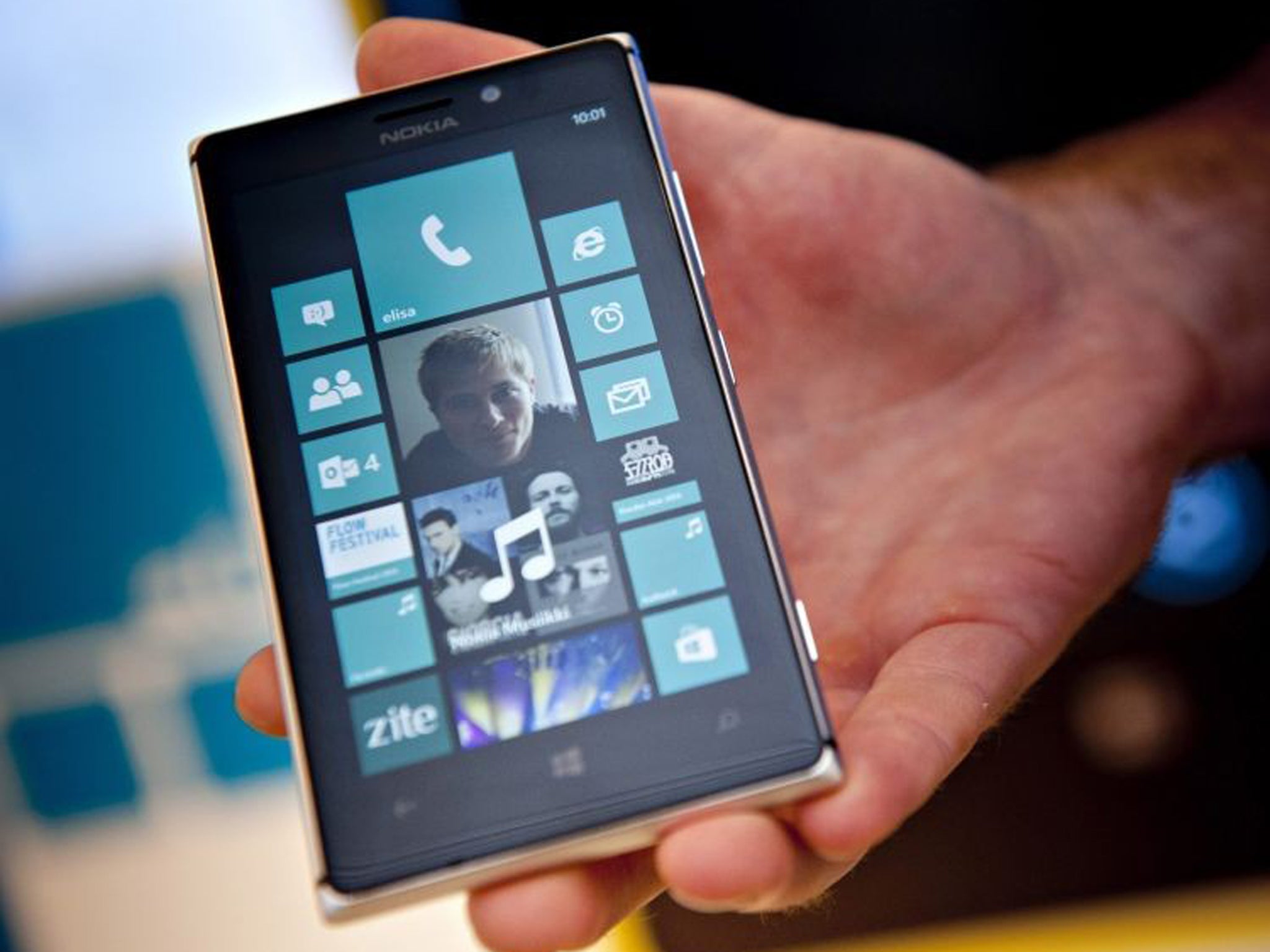New study links smartphone use in students with increased anxiety and bad grades
Smartphones may not cause unhappiness amongst younger users, but the feeling of social obligation and constant distraction don't help

A new study examining the influence of smartphones on students suggests that hanging on to your phone all the time can be bad for you in more ways than one.
The research from Kent State University looked at 500 students, noting that “high frequency cell phone users tended to have a lower GPA [academic scores], higher anxiety, and lower satisfaction with life relative to their peers who used the cell phone less often.”
Jacob Barkley, Aryn Karpinski and Andrew Lepp led the research, noting that whilst the findings do not suggest that smartphone usage is directly causing these negative traits, they do enable behaviours that lead to unhappiness and low grades.
Speaking to The Independent, Mr Barkley noted that “[Whilst] it is possible that cell use causes anxiety and poor academic performance, it is also possible that highly anxious people are more drawn to their cell phones for a variety of reasons.”
“I can envision a scenario where a student sits down to study material they find difficult or dull and they are drawn to other, non-academic activities. Their cell phone is an easy choice,” says Barkley.
When examining the relationship between smartphone use and academic performance, the researchers found that “high frequency users” were more likely to multi-task, a habit that has already been linked to lower grades in school.
The study also found that on average users would check their phones just six minutes after initiating a study session. This could propel a cycle of anxiety, with users feeling they are missing lead leading to lower academic performance leading to more worry.
The anxiety stemming from smartphones tended to originate from a feeling of social obligation, with the ever-connected device making it “difficult for some users to disconnect and find the solitude necessary to temporarily escape these perceived obligations.”
One student interviewed for the study noted that social networks made them feel "tied to their phone":
“[It’s] like it is a whole new world of obligations that I have because anybody can get a hold of me at any time by just thinking about me. You know, if my mom wanted to give me a call right now, and just talk for a second, she could.”
The researchers also note that whilst advertising for smartphones “hinges upon the assumption” that owning and using the device will “increase subjective well-being or happiness” studies do not bear out these conclusions.
Join our commenting forum
Join thought-provoking conversations, follow other Independent readers and see their replies
Comments
Bookmark popover
Removed from bookmarks